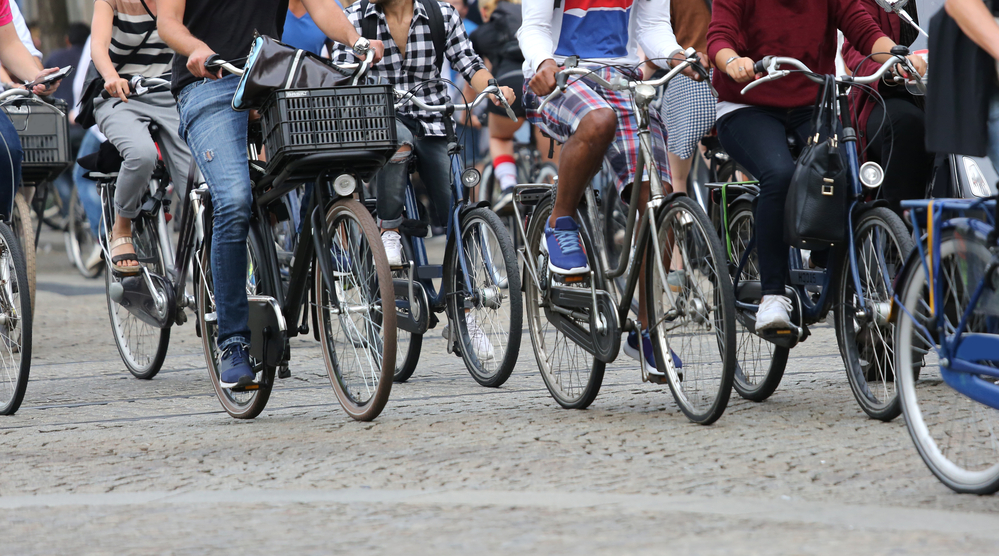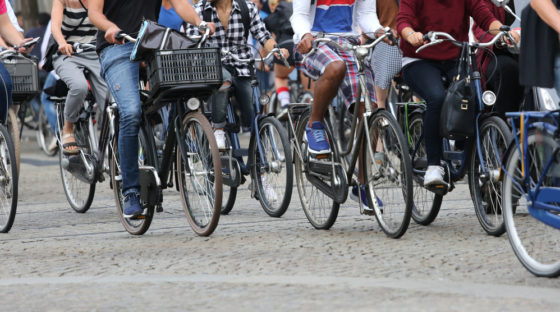Dutch society is less segregated on educational lines: CBS


Dutch society has become less segregated along educational lines over the past decade, national statistics agency CBS said on Thursday.
In particular people who went to trade schools rather than college or university are more likely to move in mixed social and work circles than those with degrees, the CBS said.
The researchers mapped networks of family, flat mates, school friends, neighbours and work colleagues between 2009 and 2020 to try to assess how prevalent segregation is in terms of education.
The CBS defines segregation as mixing with people of a similar type of education, as either neighbours or in family groups.
They found that while segregation had reduced over the period under review, people with vocational qualifications were no longer most likely to have networks composed solely of people with similar schooling. By 2020, people with a master’s degree were most likely to live and work in segregated groups.
The CBS said it is not possible to say whether the change is down to more social mobility or class barriers being broken down. In addition, the composition of the group changed over the years because new people in their 20s were included and the over 55s dropped from the group.
There are also strong regional variations. Segregation is more common in the urban central belt known as the Randstad and in Groningen and this is due to the fact more people with degrees are likely to live in the big cities, the CBS said.
Thank you for donating to DutchNews.nl.
We could not provide the Dutch News service, and keep it free of charge, without the generous support of our readers. Your donations allow us to report on issues you tell us matter, and provide you with a summary of the most important Dutch news each day.
Make a donation